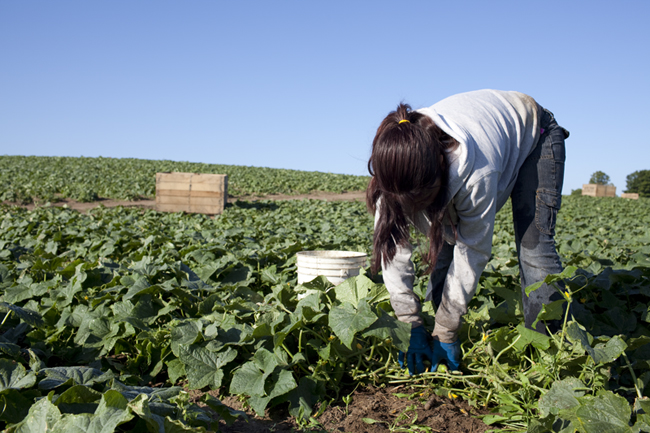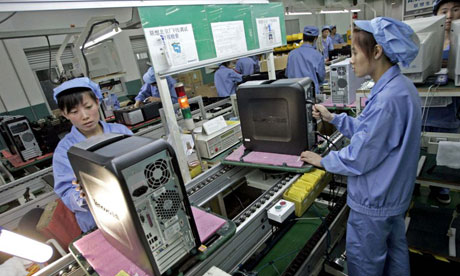My practice this week was to visualize the origins of things that I touch. I tried it many times throughout the day all week. I imagined the origins of cement steps, my pens, paint on walls, paved roads, stone tiles and hand rails in a public bathroom, woven polyester of office furniture and classroom chairs, and the mined marble of a table top. I concentrated on acknowledging that every liquid I drank was rerouted from rivers and rainfall. For an extended practice for today, I decided to pick one corner of my house and commune with the objects within that area. I chose one shelf of my spice cabinet and held each container of spices in my hand for several minutes, tracing each aspect of it to its origins in the non-human world, and visualizing the earthly sources of glass bottles, plastic and metal caps, painted surfaces, plastic and paper labels and price tags, and of course, the drying and powderization of herbs, vegetables, and minerals.
I had many different feelings during the practice. I frequently felt frustrated that I had no clue whatsoever how or where objects were made or what they were made of. I guessed that one jar of spices included nature and people spanning multiple continents and required the use of machinery comprised of mined metals and powered by burning coal. It also felt overwhelming and dizzying, since it seems hard to believe that we would go through all this trouble just for a little paprika. At times I felt uncomfortable, disgusted, and ashamed about our insistence on producing absurdly trivial things, such as a little black fuzzy sticker on the inside of the cabinet door to soften the sound/ impact of closing the cabinet.
I also did a modified version of Endredy's "Food Journeying" exercise in which one researches the origins of one's food. Looking at the map I created last week, I looked into where some of my resources come from. Here's a little photo collage of my findings...
Where my water comes from:
I had brussel sprouts today and found out that most brussel sprouts in the US come from California. This picture appears to be cucumbers, but I was thinking of the backbreaking labor of migrant farmers and the costly transportation of vegetables from coast to coast.

Where the silicon chips in my computer come from:

Factory in China where the hands and breath of other humans contribute to my life:

Where my fuel comes from out on the ocean:

Where my electricity comes from deep in the earth:

Where my plastic comes from:

I also listened to a audiobook of Clarissa Pinkola Estes called the Power of the Crone in which she describes wildness as a way of being.
I am the backwoods woman meeting the city teacup
The gyspy at the convent of the straight-lipped nuns
And the giantess at the dance of the ants
And the banshee running with the french poodles
I'm the stack of bones higher than ladies' hats
I'm the little sister, the mariposa, the butterfly maiden, who makes earthquakes
I'm the seagull at the garden party
I'm the harvest bride with greasy chin who stands with women who pretend to have no appetite whatsoever
I am backwoods, not front parlor
And I am looking for my sisters who can move sure-footed through the roots of trees
My sisters who can see most clearly in the dark.
~Clarissa Pinkola Estes
As I go through the doctoral program at UWG, I am inspired to draw on wildness as a guiding image to integrate embodiment and integrity in my contribution to the world through my endeavors.


No comments:
Post a Comment